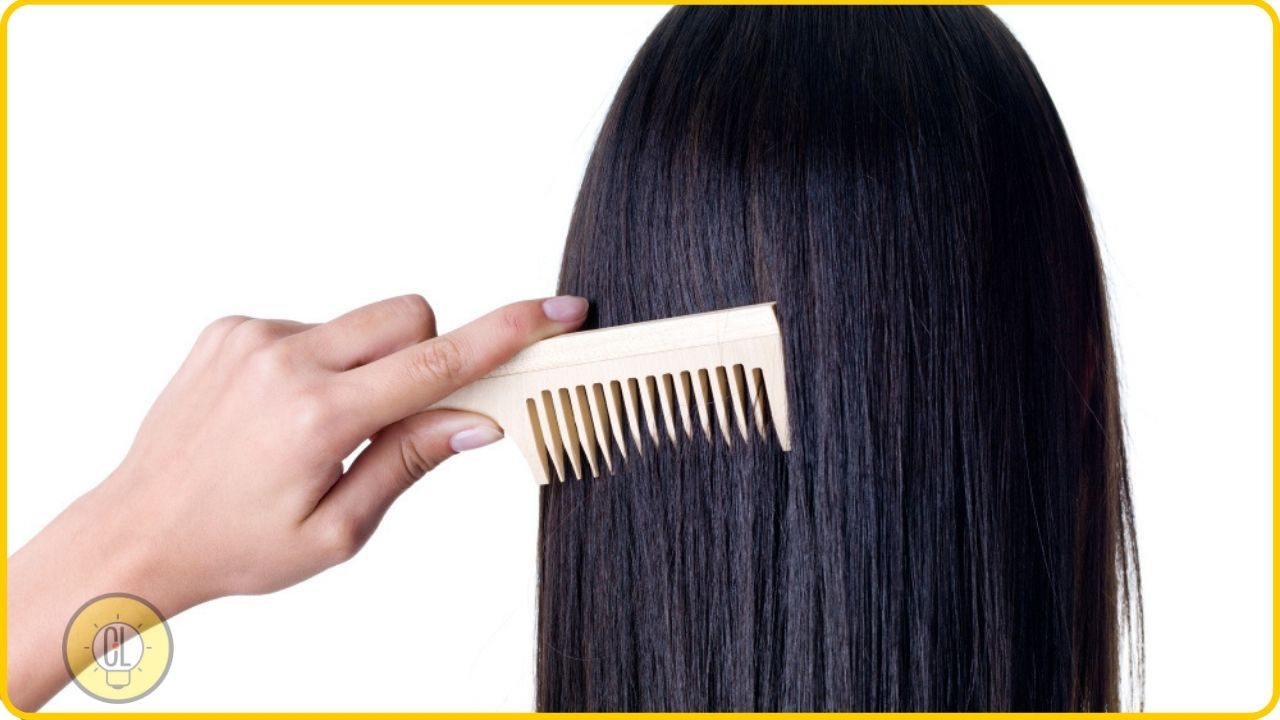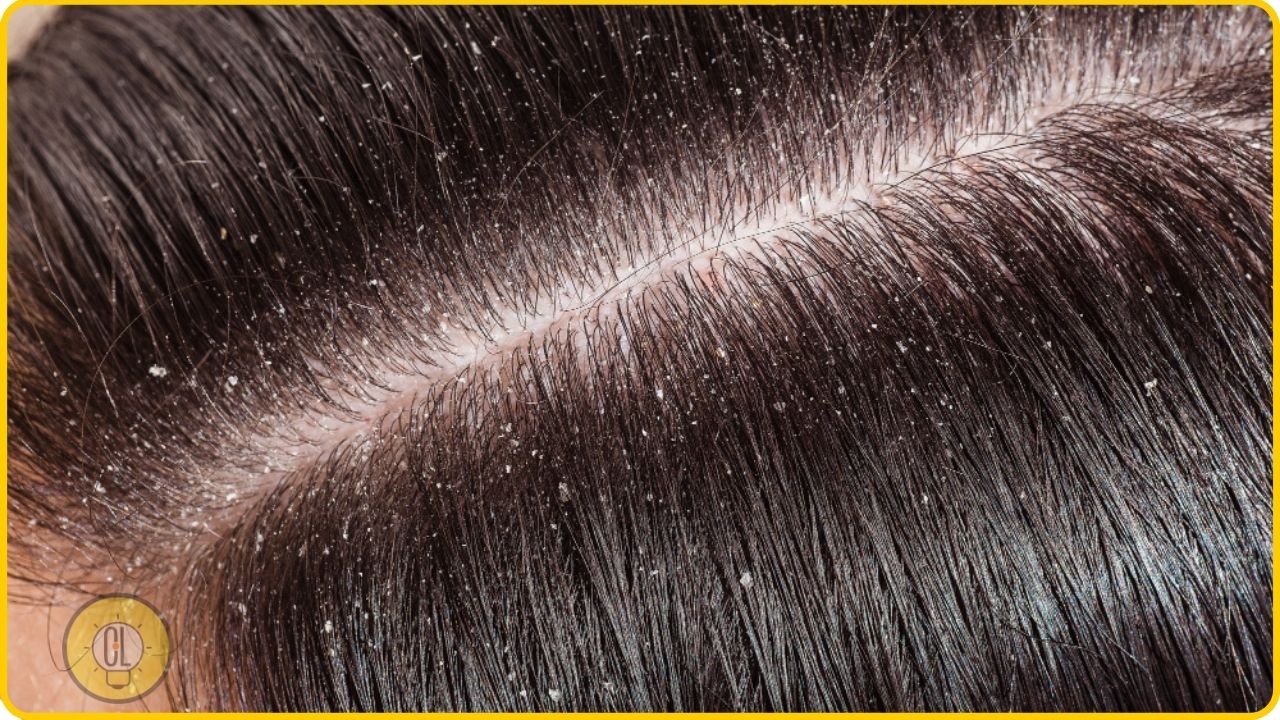As a woman who frequently buys hair and beauty products, you should expect an abundance of ingredients that are anything but healthy. Ingredients including silicones, surfactants, preservatives, and fragrances may gradually leave a toll on your hair and skin. So, can you use coconut oil for hair, skin, and other beauty regimens? Well, that’s exactly what we are going to talk about today.
While using certain good-quality skin and hair care products may cause minimal damage, there is no alternative to natural remedies that come with zero negative effects.
In today’s Chlorine post, we will reveal 10 of the most amazing ways you can implement coconut oil for personal care and other applications.
Coconut Oil for Hair
Let’s start with some of the amazing benefits coconut oil imparts to the hair.
1. Coconut Oil for Healthy Hair

Coconut oil has proven itself many times over, especially for hair care. The home remedy imparts moisture to the hair and makes it supple.
Besides making the hair healthy, stronger, and shiny, the oil also adds a mild fragrance.
2. Hair Breakage and Split Ends

Is your hair breaking too quickly? Are you battling with split ends? No need to look elsewhere. Just apply a thin layer of coconut oil thoroughly down to the hair ends. Massage both your scalp and hair for a few minutes. Do this twice a week to strengthen and solidify your hair.
3. Fights Dandruff and Dry Scalp

Whether you have a dry or oily scalp, the essential oil can effectively fight off dandruff. Besides its awesome moisturizing properties, coconut oil also is a powerful antibacterial and antifungal agent. It effectively suppresses the activity of the yeast fungus Candida that thrives on the scalp.
For great results, apply coconut oil to the scalp and massage for five minutes before washing.
4. Relieves Itching, And Soothes

The oil has also had some success against itching. Whether on the scalp or on any other part of the body, the oil soothes itching. Because the oil has a slightly cooling effect, it is therefore often found to be very pleasant on the skin.
Related: DIY Coconut Foot Scrub Recipe with 3 Ingredients
Coconut Oil for Skin
From moisturizing the skin to healing small wounds, coconut essential oil is one great home remedy to always keep nearby.
1. Helps With Small Wounds

Got a small cut, or abrasion? coconut oil is just awesome to keep pathogens at bay. It also disinfects, moistens, and helps speedy healing of the wound.
Note: Using coconut oil for bigger injuries, infections, and inflammation is not recommended.
2. Great for Skin Moisturization

Now, this is where coconut oil is popularly known for_ its strong moisturizing properties. whether you have dry legs, arms, elbows, lips, or cheeks, just go for the oil without a second thought. The oil quickly brings the skin back into balance.
It is worth noting that different skin types may respond differently to the oil. You need to be particularly cautious if you have oily and blemished skin. Since the oil also has comedogenic, i.e. pore-clogging effects (Tending to block pores and cause acne). Therefore, It is better not to use it over a large area on the face. You may do a patch test on a small area to make sure it works well for you.
Dry skin, on the other hand, usually tolerates the oil without reacting with impurities.
3. A Gentle Eye Makeup Remover

Since coconut oil is very mild and does not irritate, it can also be used to remove make-up from the eyes. To do this, let some oil melt in your hands and then use some cotton to rub off the makeup gently.
The oil is a great alternative to chemical makeup removers. This is particularly great for sensitive areas like the skin around the eyes.
Once you rub off the makeup, use a cosmetic tissue to clean excess oil.
4. Light UV Skin Protection

Did you know that coconut oil has a sun protection factor of 8 to 10? If you apply the oil as a make-up base, you are good to go out in the light without the need to apply chemicals with possible side effects.
Coconut Oil for Hygiene
Last but not least, some hygiene and health-related uses of coconut oil.
1. Effectively Fights Sweat Odor

Coconut oil can also be used as a deodorant substitute, provided you do not suffer from excessive perspiration. The natural agent does this in two ways_both by killing bacteria that cause the smell and adding its own mild nutty smell.
2. A Handy Mosquito Repellent

What smells good to us doesn’t necessarily smell good to others. What many do not know is that coconut oil can also keep mosquitoes at bay. Again, the oil is a good alternative to chemical insect repellants.
FAQs About Coconut Oil
Have something in mind? You are welcome to write it down in the comments or send us an email. Additionally, check the following FAQs for possible answers.
1. Coconut oil and coconut fat: Is there a difference?
The oil is extracted from the pulp of the coconut. Since coconut oil is solid at room temperature, it is often referred to as coconut fat. The only difference is that the product can be liquid or solid. It is marked as Cocos nucifera on the packaging of cosmetic products. So, chemically speaking, there is no difference between solid fat and oil.
2. What is coconut oil good for?
Coconut oil contains numerous health-boosting substances. Some of them act as natural moisturizers in skincare. Due to its high content of saturated fatty acids, it is particularly suitable for dry skin. As for the hair, we have already enlisted the benefits in the article above.
3. Which substances does coconut oil contain?
In addition to saturated fatty acids, coconut oil also contains vitamin E – an antioxidant that helps the skin fight against premature aging. Coconut oil also contains medium-chain lauric acid, which has antimicrobial properties.
4. Is coconut oil used for cooking?
Coconut oil is particularly popular in Asian kitchens. The oil in that part of the world is used in the making of a range of dishes.
Coconut oil is not ideal for cooking as it contains almost exclusively saturated fatty acids, significantly more than butter.
5. Is there anything particular to look for when purchasing coconut oil?
Coconut oil should ideally be cold-pressed and untreated, i.e. native. Health food stores usually have a good selection. It is usually found as a solid or white mass in a glass. The oil becomes liquid at a temperature of 25 degrees.
Are you a fan of this great natural oil? What have you been using it for? We would love to hear your thoughts on this.
